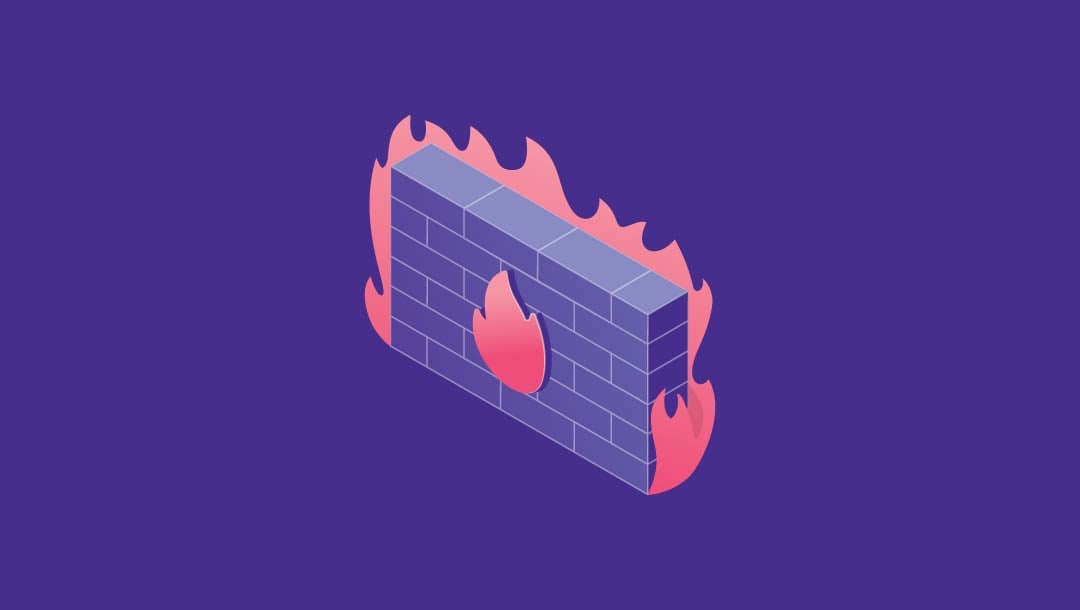1. Understanding Firewalls
1.1. Definition of a Firewall
A firewall is a network security system that monitors and controls incoming and outgoing network traffic based on predetermined security rules. Its primary purpose is to create a barrier between a trusted internal network and an untrusted external network, such as the internet. By filtering traffic, firewalls prevent unauthorized access to or from a private network.
1.2. How Firewalls Work
Firewalls use a set of rules and policies to inspect and manage traffic. When data packets attempt to enter or exit the network, the firewall checks them against these rules. If the packets meet the criteria for safe communication, they are allowed to pass through; otherwise, they are blocked or flagged for further inspection. This process helps in preventing malicious activities and unauthorized access.
2. Types of Firewalls
2.1. Network Firewalls
Network firewalls protect entire networks by filtering traffic between different segments of the network or between the internal network and external networks. There are several types of network firewalls:
Packet-Filtering Firewalls: These firewalls inspect packets of data and block or allow them based on predefined rules, such as IP addresses, port numbers, and protocols. They operate at the network layer.
Stateful Inspection Firewalls: These maintain a state table of active connections and make decisions based on the state and context of network traffic. They operate at both the network and transport layers.
Proxy Firewalls: Proxy firewalls act as intermediaries between users and the internet, forwarding requests and responses on behalf of users. They provide an additional layer of security by hiding the internal network and filtering traffic at the application layer.
2.2. Host-Based Firewalls
Host-based firewalls are installed on individual devices (such as computers or servers) and protect them from unauthorized access. They monitor and control traffic to and from the specific device. Host-based firewalls are useful for:
Personal Computers: Protecting individual laptops or desktops from threats that may bypass network firewalls.
Servers: Securing critical servers by controlling traffic based on application-specific rules.
2.3. Next-Generation Firewalls (NGFW)
Next-Generation Firewalls combine traditional firewall features with additional capabilities, such as:
Deep Packet Inspection: Examining data packets in greater detail to identify and block sophisticated threats.
Intrusion Prevention Systems (IPS): Detecting and preventing known and unknown threats in real time.
Application Awareness: Understanding and controlling applications and services running on the network.
3. Why Do You Need a Firewall?
3.1. Protection Against Unauthorized Access
A firewall is essential for preventing unauthorized access to your network or device. It helps block malicious entities, such as hackers or cybercriminals, from gaining access to sensitive information or disrupting your operations.
3.2. Defense Against Malware and Viruses
Firewalls play a vital role in protecting against malware, viruses, and other malicious software. By filtering out potentially harmful traffic and blocking known threats, firewalls reduce the risk of infection and data breaches.
3.3. Monitoring and Logging Network Activity
Firewalls provide valuable insights into network activity by logging and monitoring traffic. This information can help you detect unusual or suspicious behavior, investigate potential security incidents, and ensure compliance with security policies.
3.4. Preventing Data Exfiltration
Firewalls help prevent unauthorized data exfiltration by monitoring and controlling outbound traffic. This is crucial for protecting sensitive information from being sent out of the network without authorization.
3.5. Ensuring Network Segmentation
By using firewalls to segment your network, you can create separate zones for different types of traffic or users. This segmentation helps in isolating critical systems, reducing the risk of lateral movement by attackers, and enhancing overall security.
4. Implementing and Managing Firewalls
4.1. Choosing the Right Firewall
When selecting a firewall, consider factors such as the size of your network, the types of traffic you need to manage, and your security requirements. For personal use, a software firewall or a built-in firewall in your operating system may suffice. For businesses, a hardware firewall or a combination of network and host-based firewalls may be necessary.
4.2. Configuring Firewall Rules
Properly configuring firewall rules is crucial for effective protection. Define rules based on your specific needs, such as blocking known threats, allowing necessary services, and monitoring traffic patterns. Regularly review and update rules to adapt to evolving threats and changing requirements.
4.3. Regular Updates and Maintenance
Keep your firewall firmware and software up to date to ensure protection against the latest threats. Regular maintenance, including reviewing logs, updating rules, and performing security assessments, is essential for maintaining effective firewall security.
4.4. Integrating with Other Security Measures
A firewall should be part of a comprehensive security strategy that includes other measures such as antivirus software, intrusion detection systems, and data encryption. Integrating these components enhances overall protection and provides a multi-layered defense against cyber threats.
5. Conclusion
Firewalls are a fundamental component of network security, offering protection against unauthorized access, malware, and data breaches. By understanding the different types of firewalls and their functions, you can make informed decisions about the best solution for your needs. Whether you’re a home user or a business, implementing a firewall and maintaining its effectiveness is crucial for safeguarding your digital environment.
Investing in a robust firewall solution and adhering to best practices in configuration and maintenance will help you protect your sensitive information and ensure a secure network. In the ever-evolving landscape of cybersecurity, a firewall remains an indispensable tool for defending against a wide range of threats and ensuring the integrity of your digital assets.

